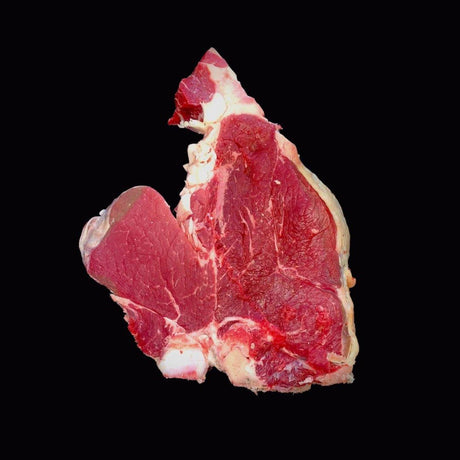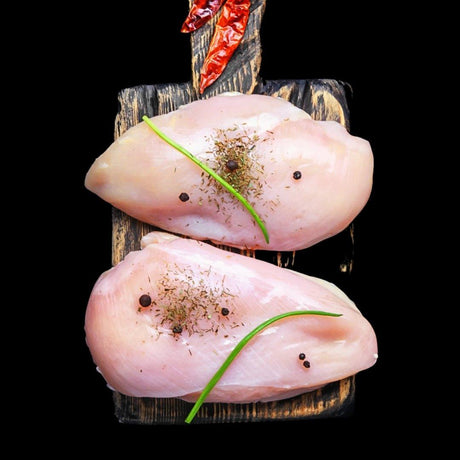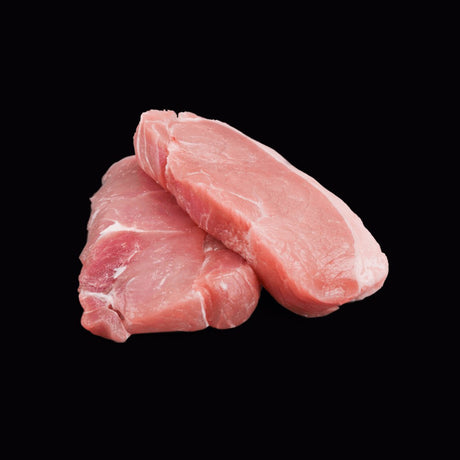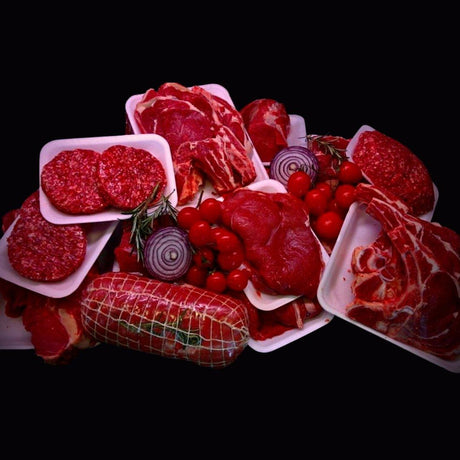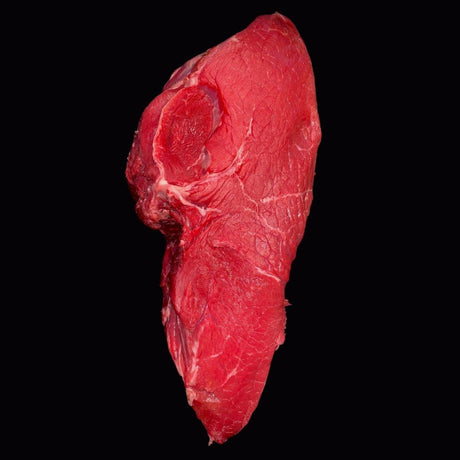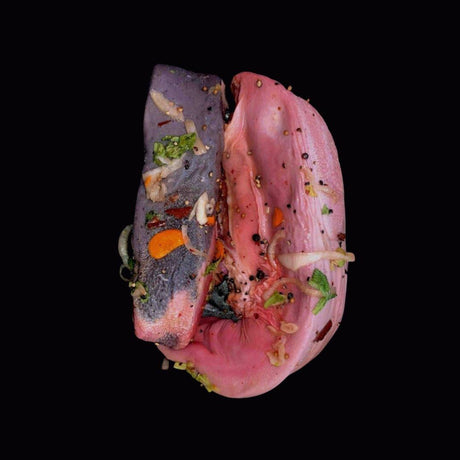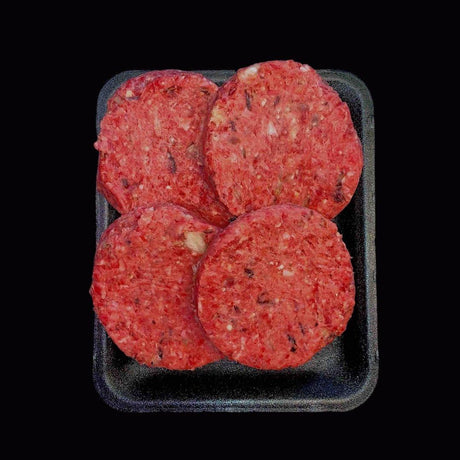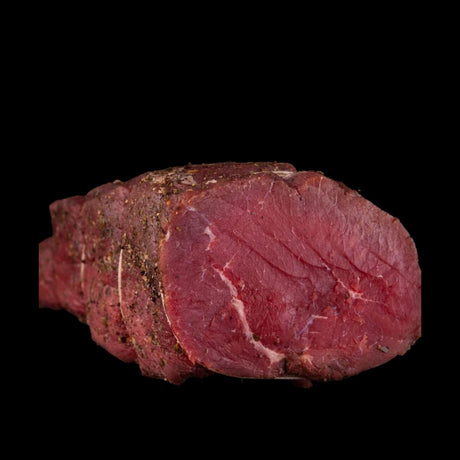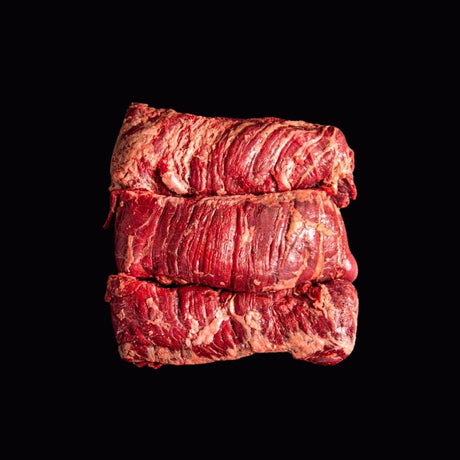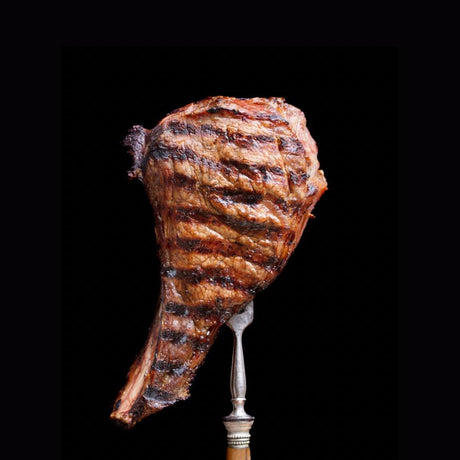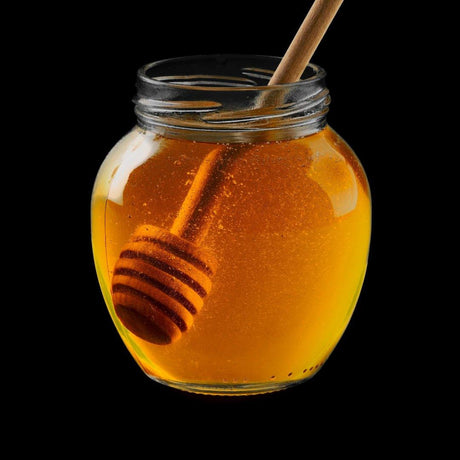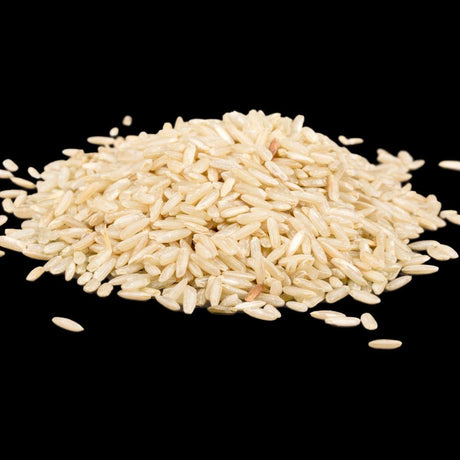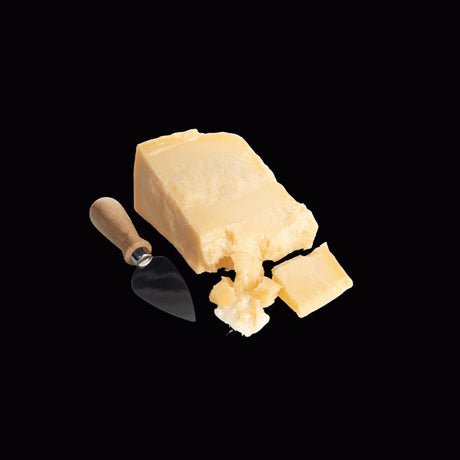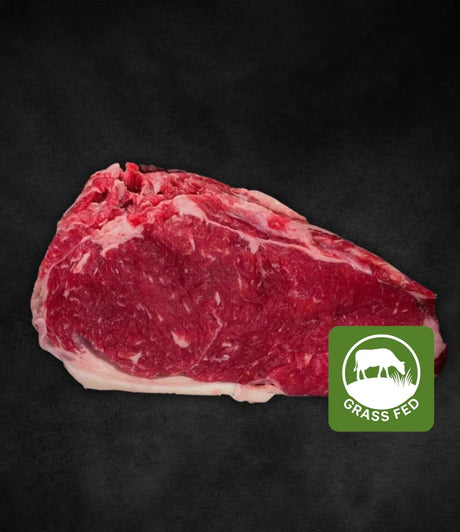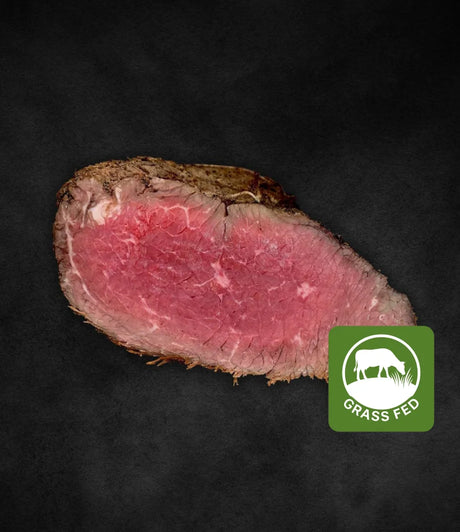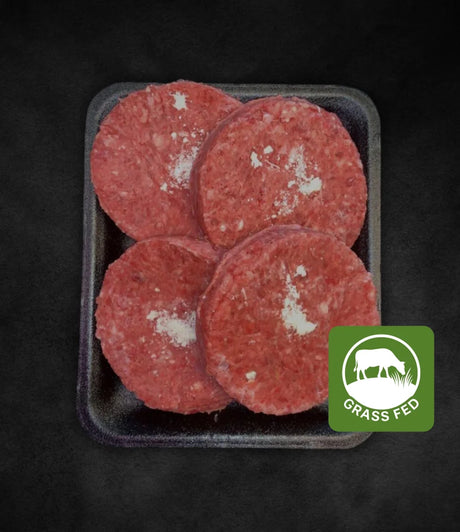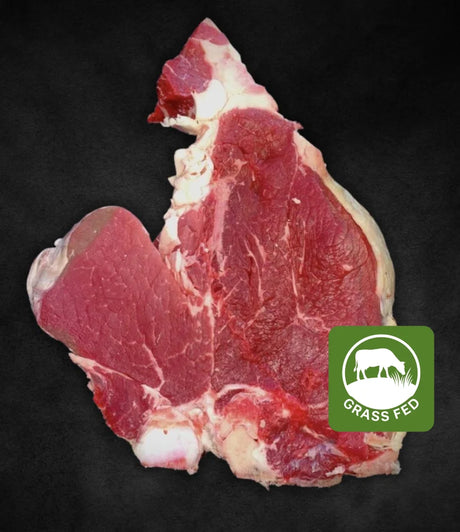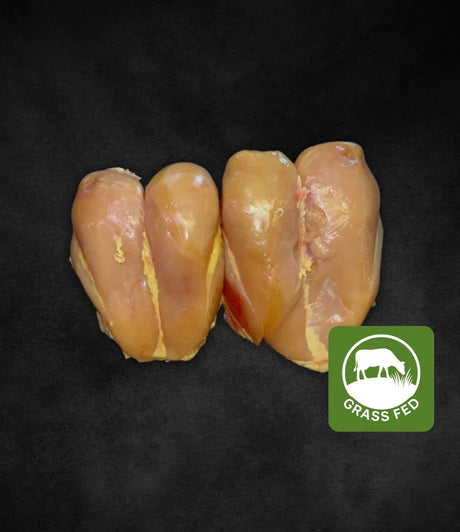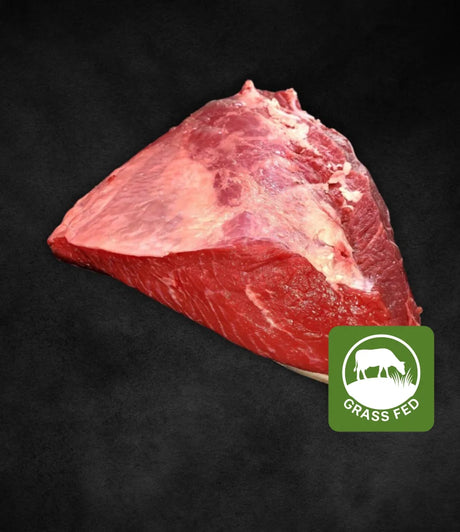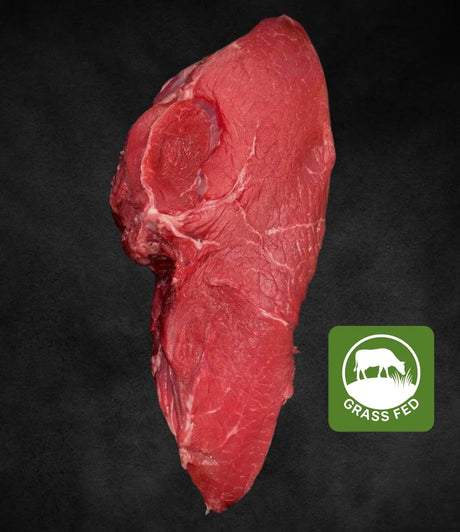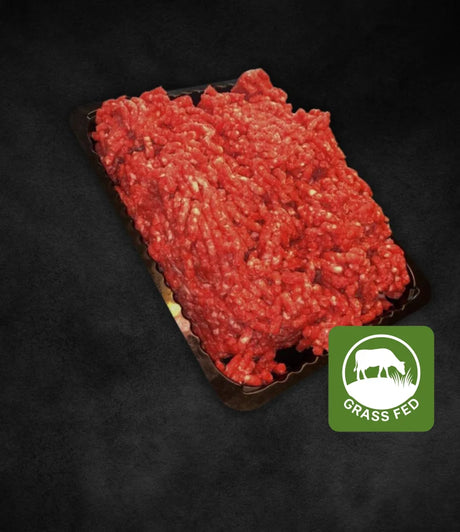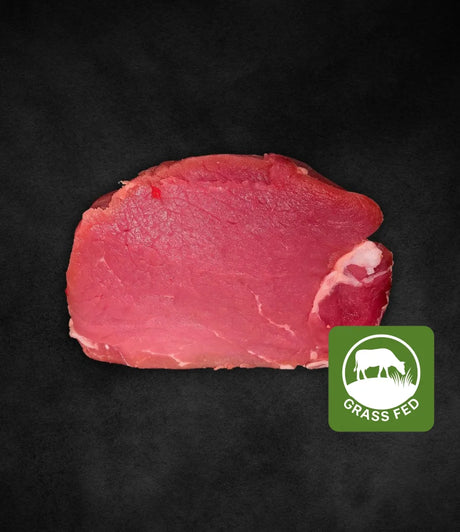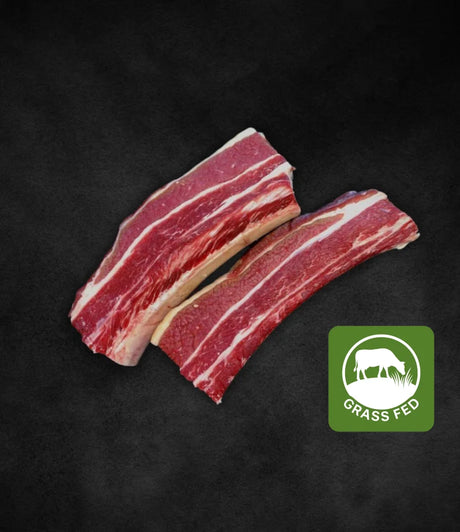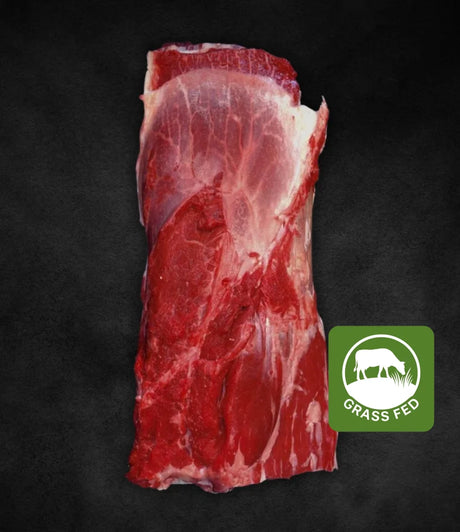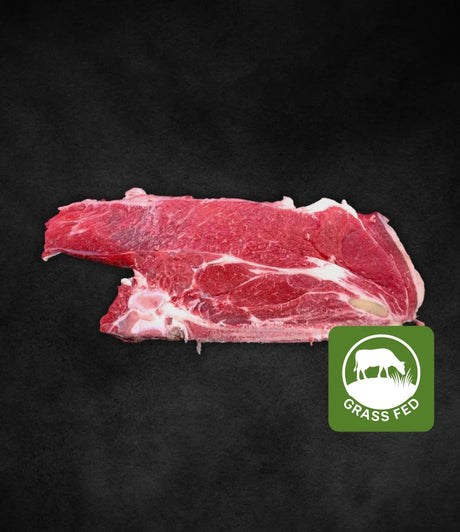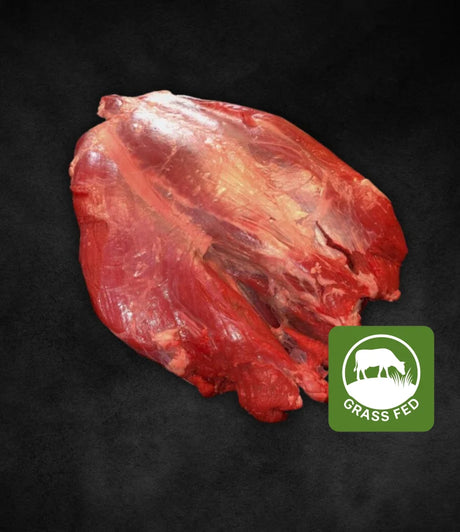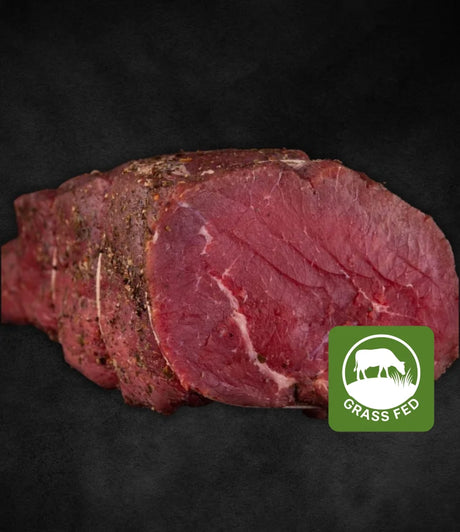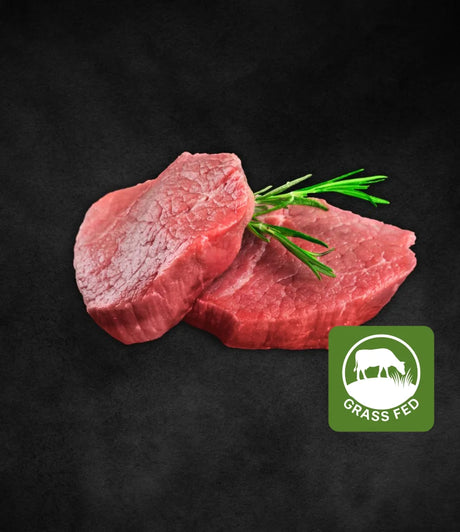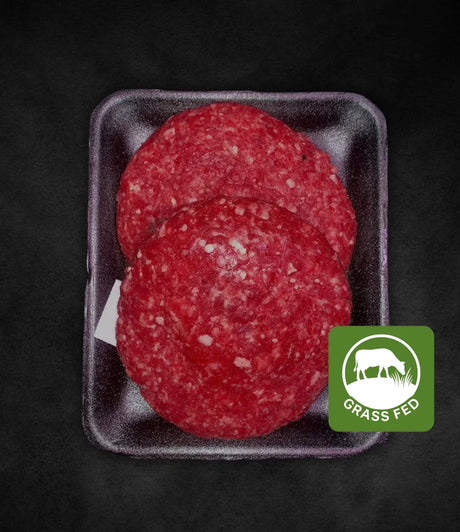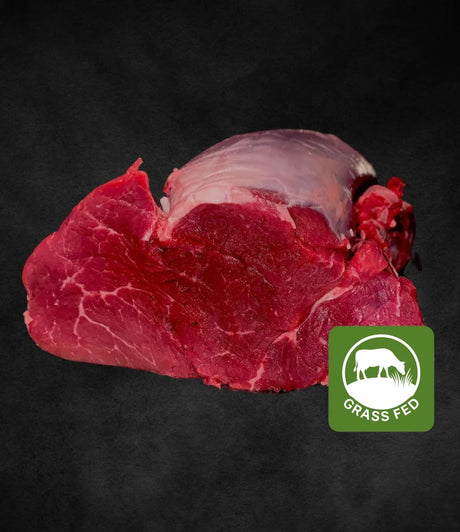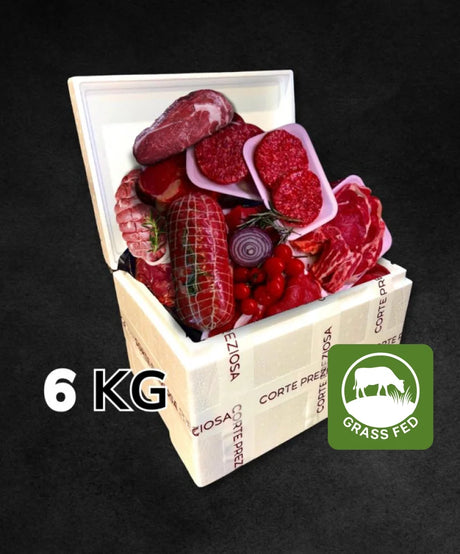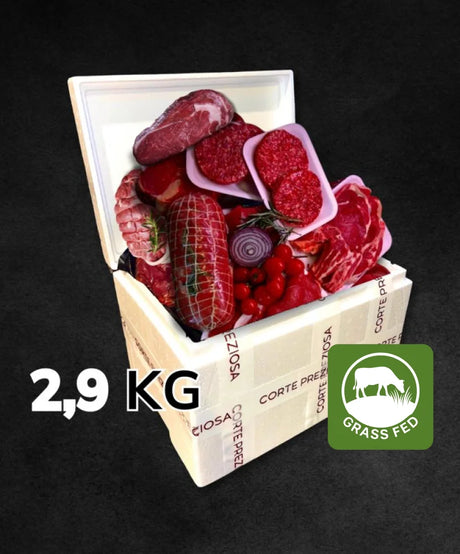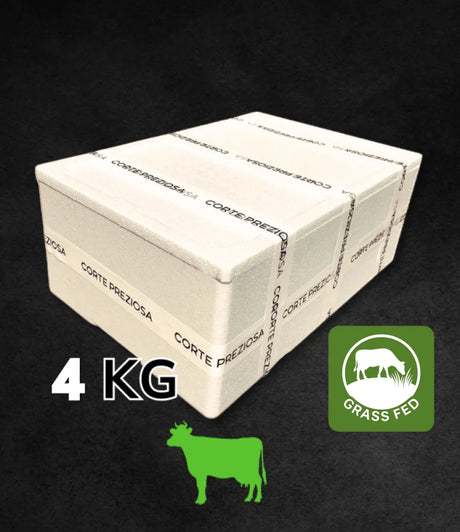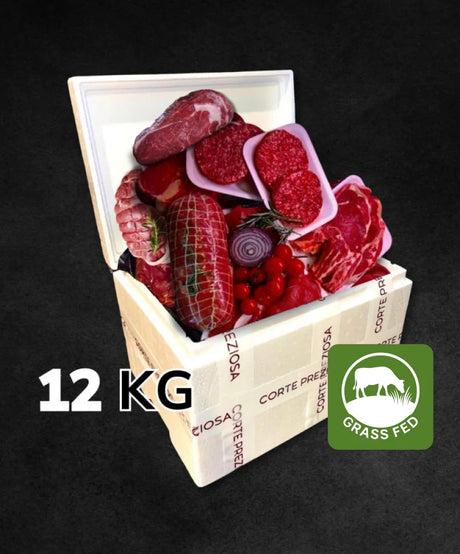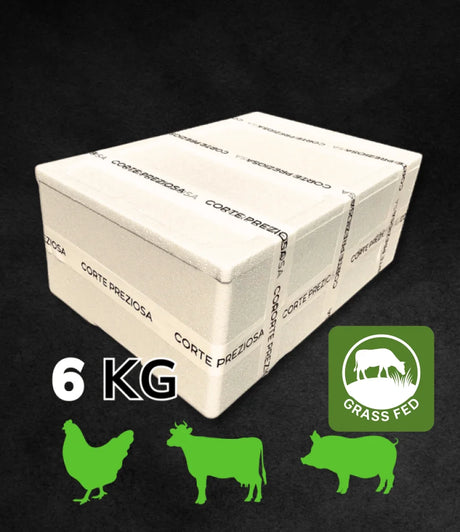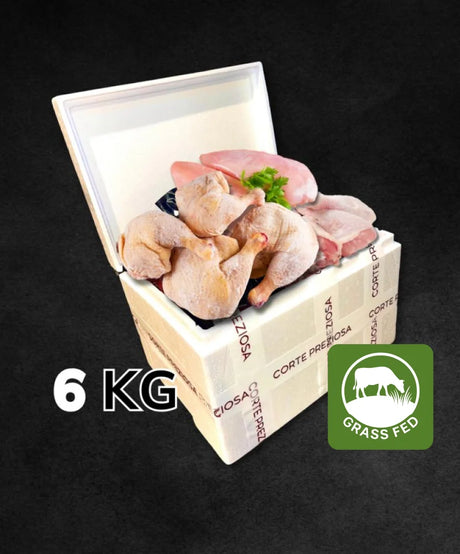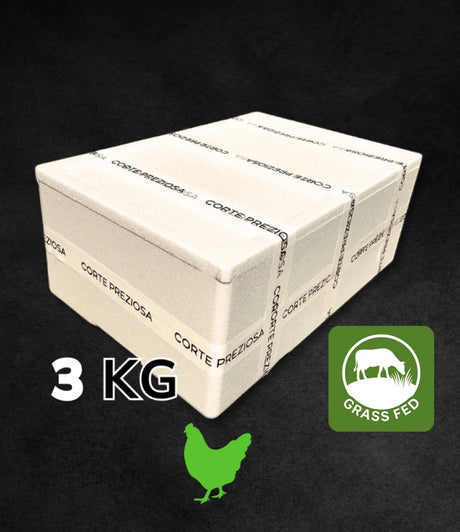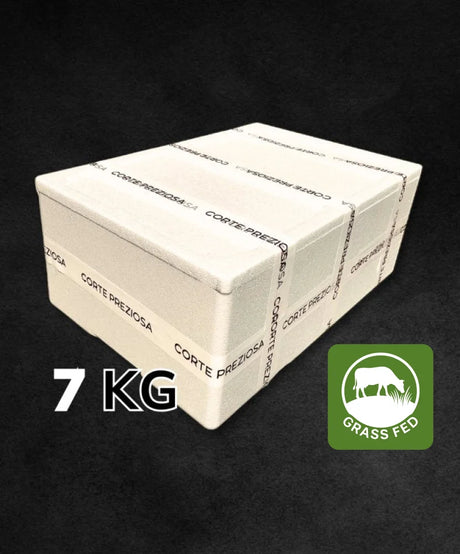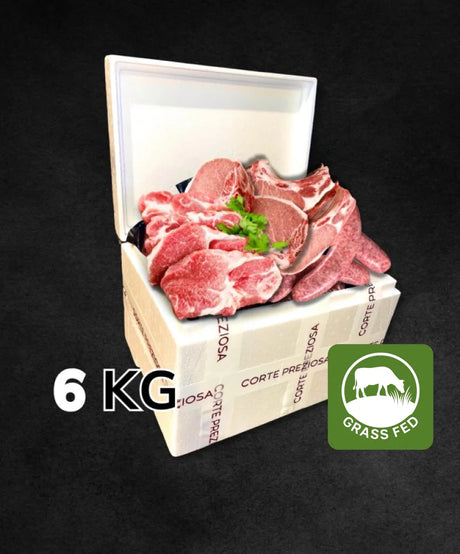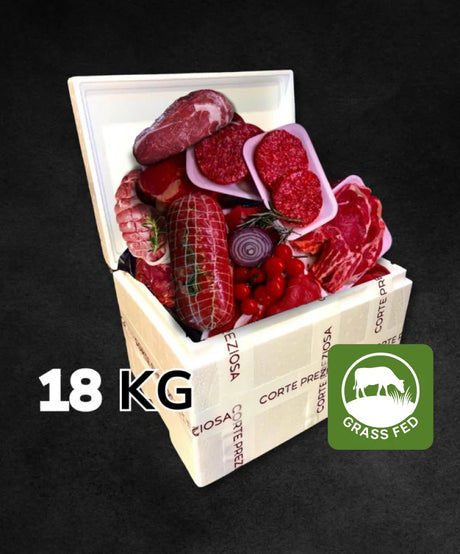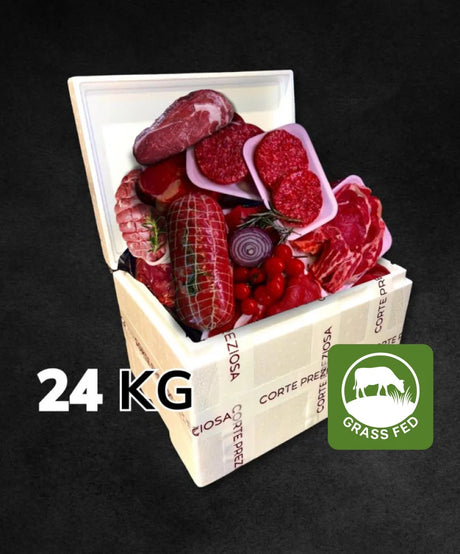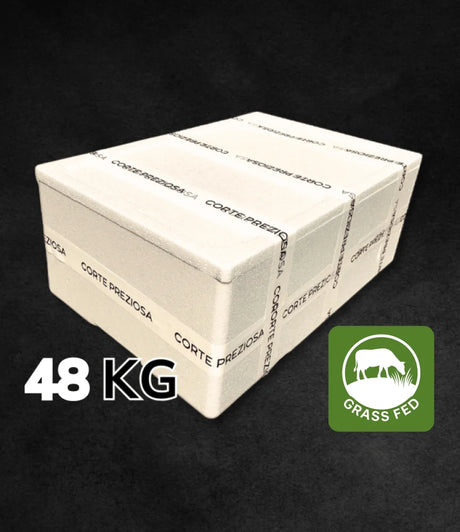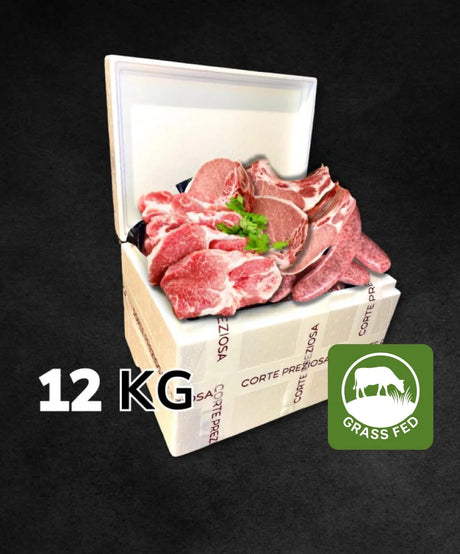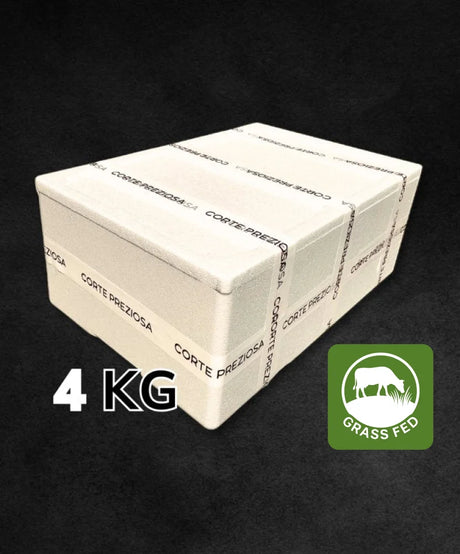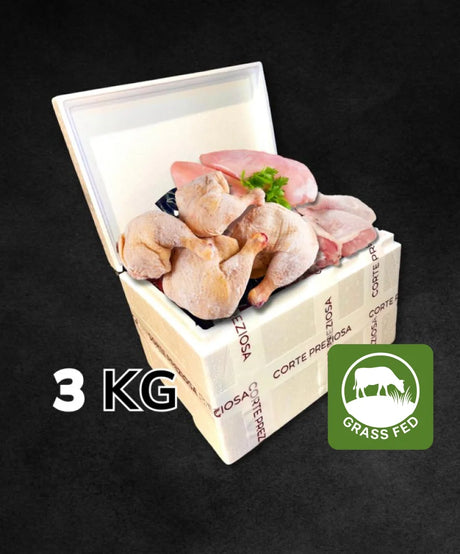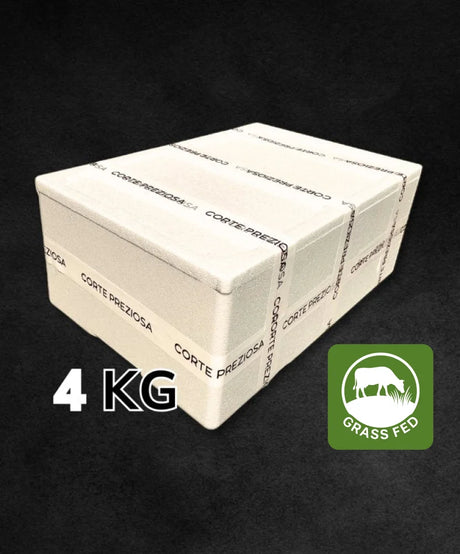Alfalfa: Feeding animals with respect to produce quality
A precious forage that puts animal health at the centre
Alfalfa, also known as lucerne, is much more than a simple forage plant. It is a true natural ally for the well-being of farm animals and the final quality of the food we consume every day.
In a world increasingly questioning the ethical value of livestock farming and the impact of animal feed, alfalfa represents a concrete, sustainable, and profoundly respectful response. Its use allows respect for animal life to be placed at the center of the entire production chain, ensuring healthier and more natural farming conditions.
A concentrate of health directly from nature
Alfalfa is an exceptional source of nutrients essential for animal health: it contains a balanced combination of proteins, vitamins (especially vitamins A, E, K), minerals (such as calcium, iron, potassium), beta-carotene and omega-3 fatty acids.
The latter play an essential role in strengthening the immune system, protecting the cardiovascular system, and preventing inflammation. Thanks to these elements, animals fed a diet rich in alfalfa exhibit greater vitality, resistance to disease, and more balanced and serene behavior.
But there's more: animal welfare directly impacts the quality of the products they produce. The milk of a cow, sheep, or goat fed alfalfa has a superior nutritional profile, is richer in beneficial substances, and has a more complex, rounded, and fragrant flavor.
Milk and cheeses that tell a story of well-being
When a diet is healthy and respectful, even processed products reflect this attention. Milk produced by animals fed alfalfa is distinguished by its higher density, deeper color, and an aroma that evokes clean pastures, fresh meadows, and pristine nature.
This extraordinary quality is transmitted to the cheeses, enriching them with unique aromas and giving them an organoleptic signature that makes them unmistakable. The flavor of the cheese doesn't depend solely on the cheesemaking technique: it's the result of a supply chain that begins right in the meadow. And alfalfa is a silent but essential player in this value chain.
Refining with alfalfa: a tradition that enhances nature
In some traditional productions, alfalfa is also used to mature cheeses. This ancient practice is now being rediscovered for its extraordinary aromatic and antioxidant properties.
The cheeses are left to rest in close contact with dried alfalfa, which gradually releases its essential oils and aromas. As it ages, the cheese absorbs these vegetal notes, enriching itself with new flavor nuances and becoming more resistant to oxidation. The result is a product that is more stable over time, richer in flavor, and even more closely tied to its terroir.
Beyond Nutrition: Alfalfa in New Innovation Scenarios
The use of alfalfa isn't limited to stables. Thanks to its beneficial properties, it's becoming a key ingredient in other innovative fields.
In the food industry, it is used to enrich breadsticks, crackers, biscuits, and functional baked goods. Not only does it provide additional nutrition, but it also gives every bite the unmistakable aroma of nature.
In cosmetics, alfalfa has earned a place of honor in creams, oils, and skincare formulations. Its anti-inflammatory and antioxidant properties make it ideal for gently and naturally protecting and regenerating the skin.
The world of cured meats and beekeeping has also begun to explore the potential of this plant. Cured meats refined with alfalfa and honeys enhanced by its beneficial properties are examples of a production that strives for excellence, without ever forgetting its origin and respect for nature.
A choice that is good for everyone: animals, the environment and people
Using alfalfa means making a valuable choice. For the farmer, it's an efficient, sustainable, and versatile resource that improves animal health and the quality of the final product. For the environment, it's a crop that enriches the soil, fixes nitrogen, and reduces the need for chemical fertilizers.
Finally, for the consumer, it is a guarantee of a healthier, better product, closer to the values of respectful agriculture.
Conclusion: a small gesture for a big change
Feeding animals alfalfa isn't just a technical or nutritional choice. It's a gesture of care. It's the first step in building a supply chain that puts health, respect, and quality at its core. It's a gesture that brings tangible benefits at every level, and that invites us to rediscover the value of simplicity, nature, and ethics.
Alfalfa is much more than a plant: it symbolizes a different, fairer, and more conscious way of producing and consuming. A silent treasure that deserves to be cultivated, respected, and valued every day.
---------------------------------------------------------------------------------------


